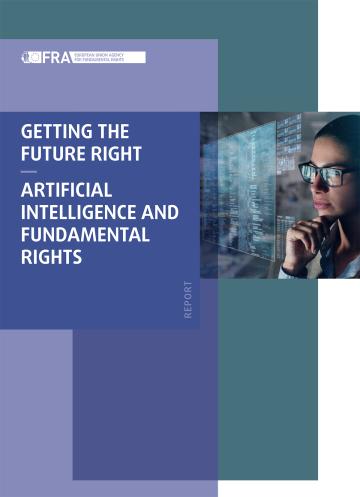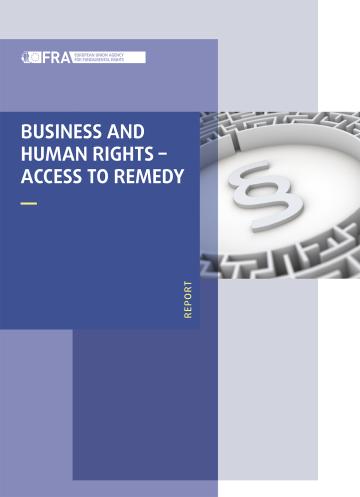Help us make the FRA website better for you!
Take part in a one-to-one session and help us improve the FRA website. It will take about 30 minutes of your time.

EU Charter of Fundamental Rights
Artículo 50 - Derecho a no ser juzgado o condenado penalmente dos veces por la misma infracción
Artículo 50 - Derecho a no ser juzgado o condenado penalmente dos veces por la misma infracción
Nadie podrá ser juzgado o condenado penalmente por una infracción respecto de la cual ya haya sido absuelto o condenado en la Unión mediante sentencia penal firme conforme a la ley.









